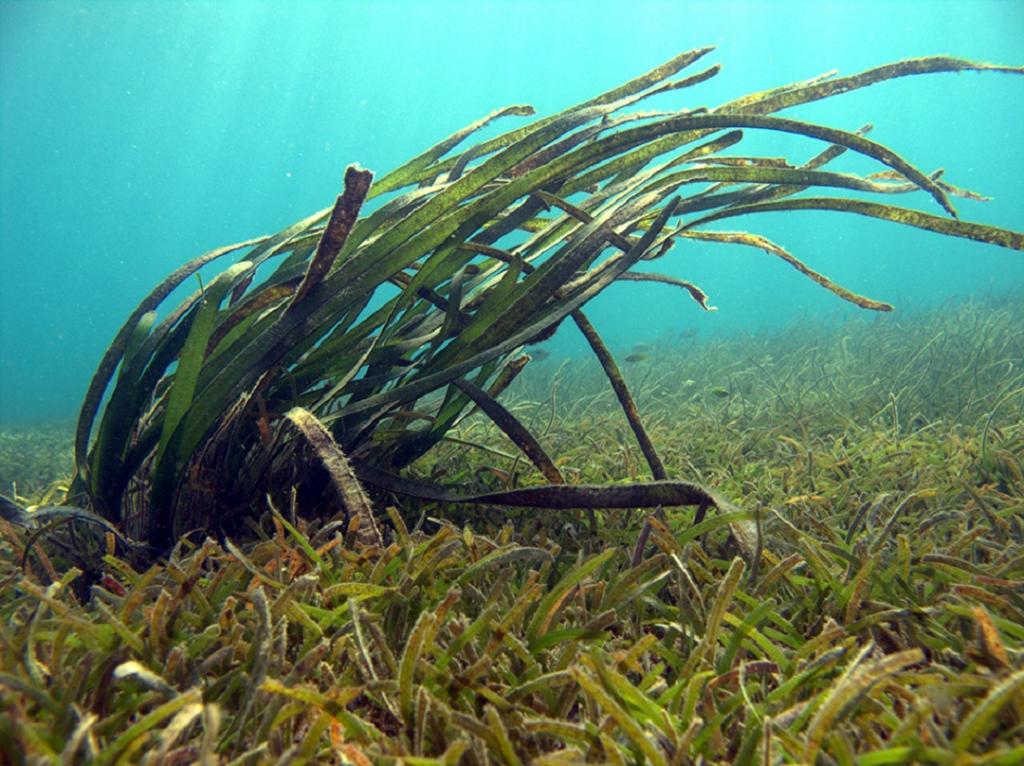900 319 0030
enquiry@shankarias.in
Heat Wave
GI Tags for Indian Coffee
Coffee Production in India
Dhole

India's marine meadows

Corporate equality Index
Source: The Hindu, Down to Earth, New Indian Express